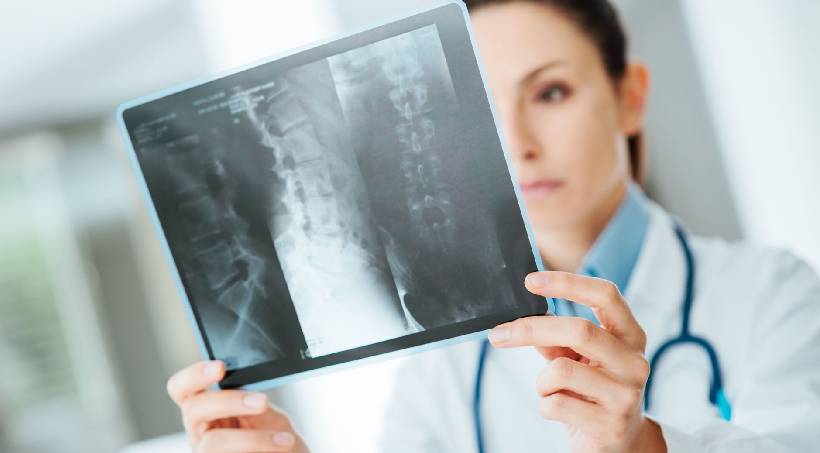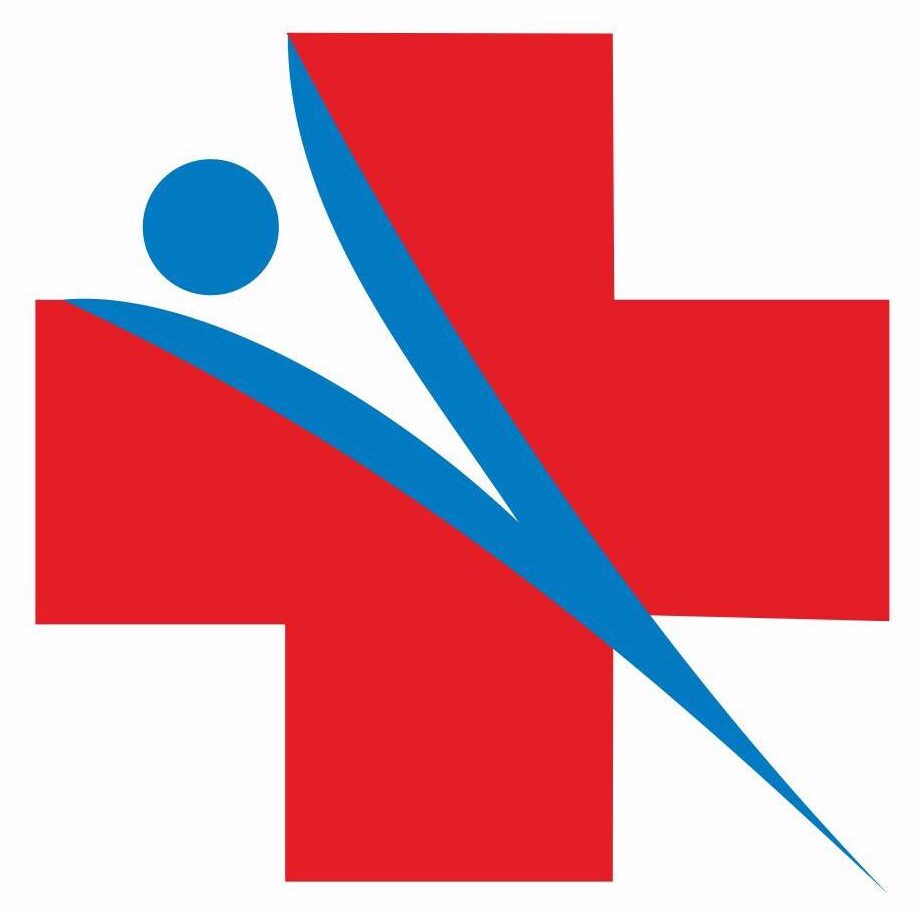Radiology

Radiology
Radiology is a vital branch of medical science that uses advanced imaging technologies to diagnose, monitor, and sometimes treat diseases within the body. It plays a crucial role in modern healthcare by allowing doctors to see inside the body without surgery.
At our facility, we offer a full range of radiology services using cutting-edge equipment and expert radiologists. Our services are safe, precise, and designed to provide fast, accurate results for better treatment outcomes.
Our Radiology Services Include:
1. X-rays (Radiography)
X-rays are among the most widely used and essential diagnostic tools in modern medicine. This imaging technique uses controlled radiation to create images of the inside of the body, particularly bones, joints, and chest organs. The procedure is quick, non-invasive, and painless, making it ideal for routine diagnostics as well as emergency assessments.
Common Conditions Diagnosed with X-rays:
Bone fractures and dislocations
Lung infections like pneumonia or tuberculosis
Arthritis and joint abnormalities
Dental problems (tooth decay, impacted teeth)
Detection of tumors or abnormal growths
Chest conditions like fluid in the lungs or enlarged heart
Our hospital uses advanced digital radiography equipment to provide high-quality images with minimal radiation exposure. Reports are generated promptly to facilitate early diagnosis and treatment.
2. ECG (Electrocardiogram)
An ECG is a simple, quick, and effective test that records the electrical activity of the heart. Electrodes are placed on the chest, arms, and legs to measure how the heart is functioning. It is a vital tool in the early detection of heart diseases.
Used to Detect and Monitor:
Irregular heartbeats (arrhythmias)
Coronary artery disease
History or risk of heart attack
Heart rhythm disorders
Effects of medication on the heart
At our facility, ECGs are performed using advanced digital machines and interpreted by experienced cardiologists, ensuring accurate results and timely care for all patients.
3. 2D Echo (2D Echocardiography)
2D Echo is a non-invasive ultrasound test that creates live images of the heart, allowing doctors to evaluate its size, shape, and motion. This test is crucial for detecting structural abnormalities and assessing how well the heart is pumping blood.
2D Echo Helps Diagnose:
Valve disorders (e.g., mitral valve prolapse, aortic stenosis)
Congenital heart defects
Pericardial effusion (fluid around the heart)
Heart muscle weakness or thickening
Blood clots in the heart
Performed by trained technicians and interpreted by cardiologists, 2D Echo is a safe and informative tool to understand cardiac health in detail.
4. Stress Test
The Treadmill Test, or Stress Test, assesses how well your heart works under physical stress. You walk or run on a treadmill while your heart rate, blood pressure, and ECG are continuously monitored. This test is especially useful for diagnosing hidden heart issues not visible during rest.
TMT is Recommended For:
Evaluating chest pain and shortness of breath
Detecting coronary artery disease
Monitoring cardiac rehabilitation progress
Assessing fitness levels before surgery
Guiding treatment for known heart disease
Our stress tests are conducted under strict medical supervision with emergency protocols in place, ensuring patient safety throughout the procedure.
5. CT Scan (Computed Tomography)
CT Scan is a powerful diagnostic tool that uses X-rays and computer technology to generate cross-sectional images of the body. It provides detailed views of bones, organs, soft tissues, and blood vessels, making it indispensable for accurate diagnosis and treatment planning.
Conditions Diagnosed by CT Scan Include:
Head injuries and strokes
Internal bleeding and trauma
Tumors and cancer staging
Lung, liver, and abdominal disorders
Spinal and joint abnormalities
We use multi-slice CT technology that ensures quick scanning with high-resolution images, significantly reducing scan times and radiation exposure.
6. MRI (Magnetic Resonance Imaging)
MRI uses a strong magnetic field and radio waves to produce detailed images of internal organs and tissues without any radiation exposure. It is particularly effective for imaging the brain, spinal cord, joints, and soft tissues.
MRI is Ideal for Diagnosing:
Brain tumors, strokes, and aneurysms
Spinal disc issues and nerve compression
Joint injuries (ligaments, cartilage)
Muscular and soft tissue disorders
Detailed imaging of organs like the liver, kidneys, and uterus
Our MRI suite is equipped with state-of-the-art scanners designed for comfort, speed, and noise reduction. Claustrophobic patients are provided with supportive care for a relaxed experience.
7. Mammography
Mammography is a specialized X-ray imaging technique used to detect and evaluate breast changes. It is a crucial screening tool for early detection of breast cancer, even before physical symptoms appear.
Benefits of Mammography Include:
Early detection of breast cancer
Identification of benign lumps or cysts
Guidance for biopsy or surgery
Monitoring of known breast conditions
We offer digital mammography with enhanced image clarity and reduced discomfort. Our female radiographers ensure privacy and sensitivity throughout the process.
8. Ultrasonography (USG) – Gynecology Only
Ultrasonography uses high-frequency sound waves to create real-time images of internal structures. In gynecology, USG plays a key role in diagnosing and monitoring a wide range of reproductive health issues.
Gynecology-Specific Uses of USG:
Monitoring pregnancy and fetal development
Diagnosing ovarian cysts and fibroids
Evaluating uterine abnormalities
Detecting ectopic pregnancies
Assessing infertility causes
Our women-focused USG services are conducted in a private and supportive environment, ensuring comfort and clarity in diagnosis.
Why Choose Our Radiology Services?
Modern imaging technology for accurate results
Board-certified radiologists and technicians
Fast reporting and diagnosis
Comfortable, patient-friendly environment
Strict safety and hygiene standards
